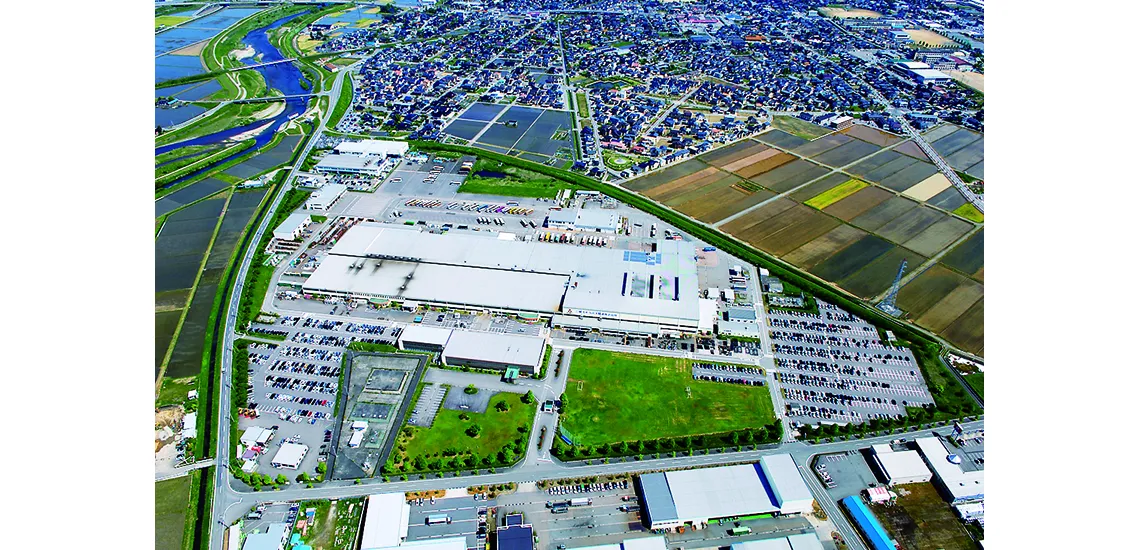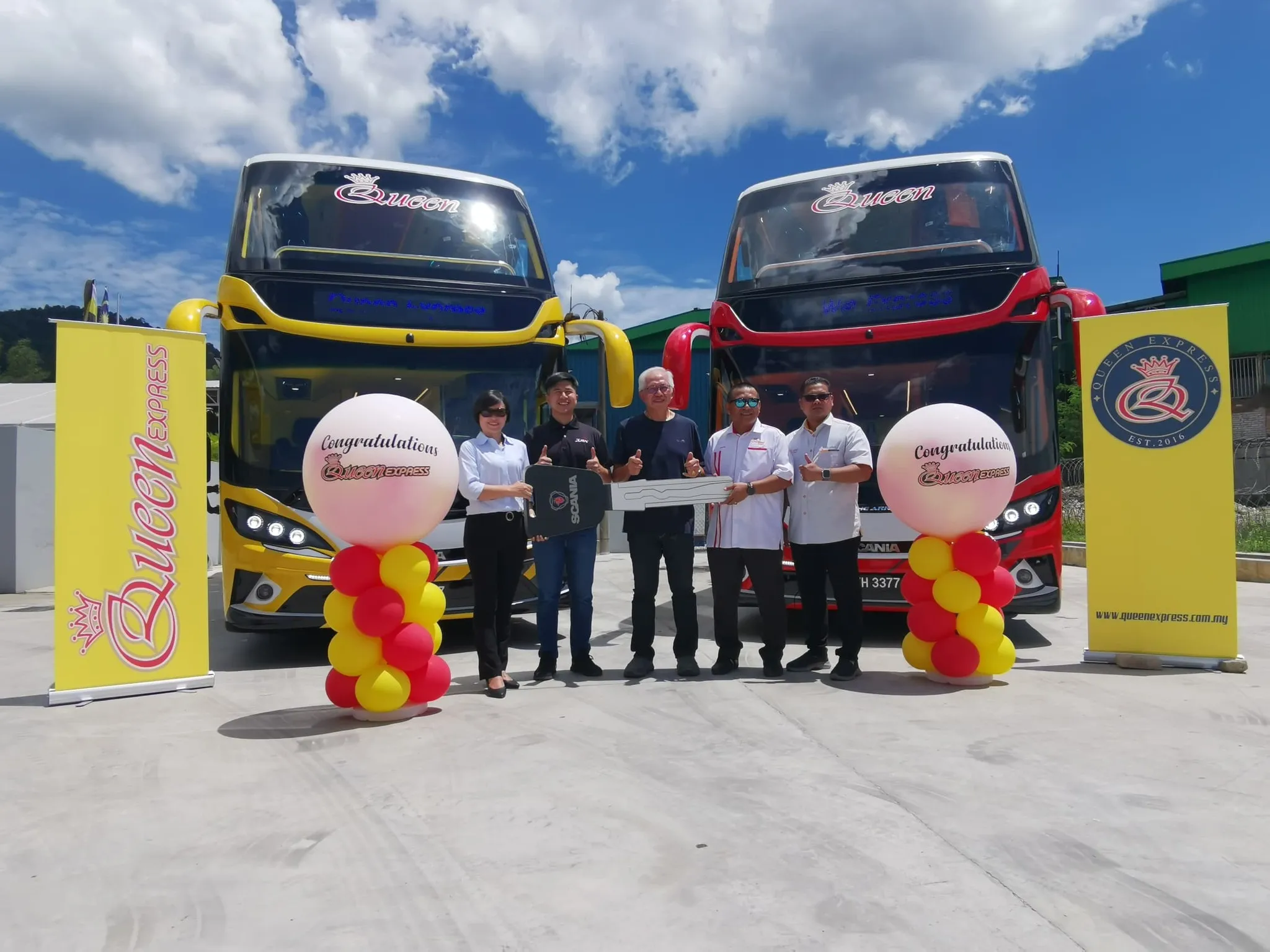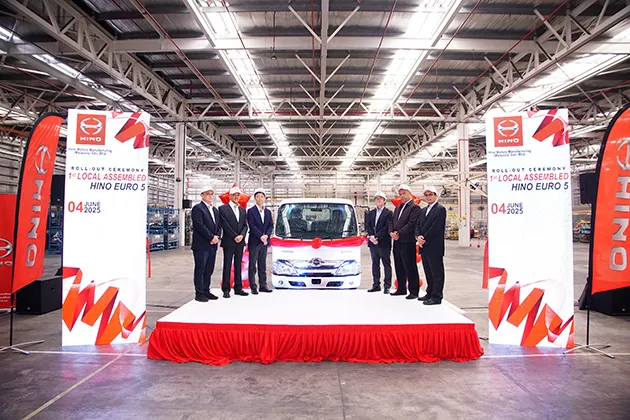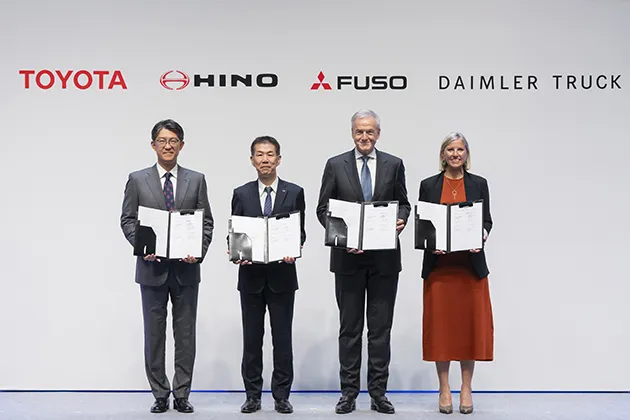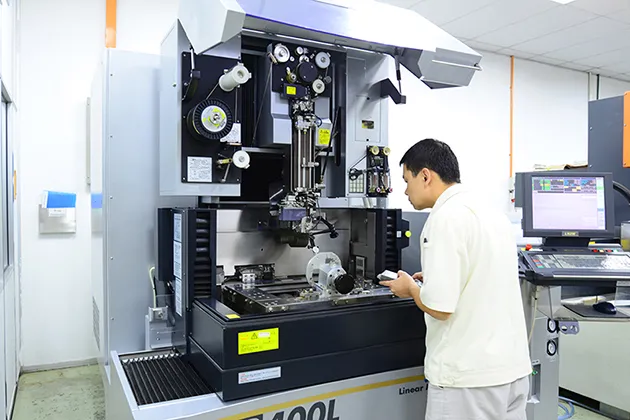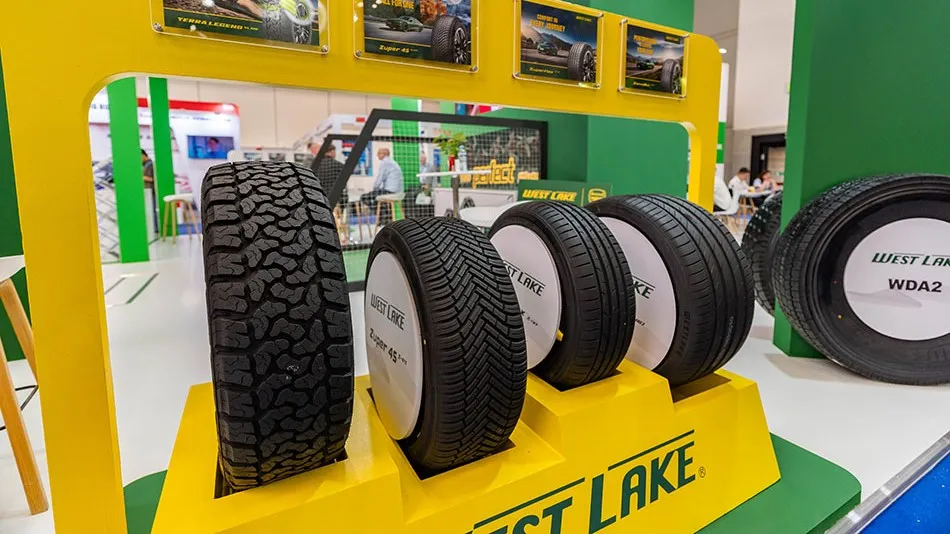Mitsubishi Fuso Truck and Bus Corporation (MFTBC) has announced its target to achieve CO2 neutrality at its three production sites in Japan by 2025.
MFTBC Announces Most Ambitious Production-Related Co2 Neutrality Target
This is the most ambitious production-related CO2 neutrality target among Japanese OEMs to date.
With the government’s 2050 carbon neutrality target and its greenhouse gas reduction goals now firmly set in stone, commercial vehicles that are not only zero-emission on the road, but also are produced through sustainable means, have become the focus of SDG and ESG-committed businesses in Japan. Additionally, according to data published by the Ministry of Environment, the Japanese industrial sector (manufacturing sites, etc.) represented approximately 35 per cent of all CO2 emissions in the 2021 fiscal year, while the transportation sector covered roughly 17 per cent Changes within manufacturing practices are therefore seen as key to the national carbon neutrality shift.
MFTBC has three domestic production sites – the Kawasaki Plant, which produces truck vehicles and industrial engines; the Nakatsu Plant, which mainly manufactures transmissions; and Mitsubishi Fuso Bus Manufacturing Co., Ltd, where FUSO buses are produced.
With this announcement, MFTBC is revising the previously set target of aiming for CO2 neutrality in production sites by 2039. The accelerated 2025 target matches the “Green Production Initiative,” set forth by MFTBC’s parent company Daimler Truck AG, and places MFTBC on a quicker path toward contributing to a more sustainable world. The revised target includes MFTBC’s 100 per cent subsidiary body builder Pabco Co., Ltd.
MFTBC has already reduced CO2 emissions at its Kawasaki and Nakatsu Plants by over 20 per cent from 2015 levels. All three locations have also shifted their entire electricity supply to electricity derived from renewable energy. At the Kawasaki Plant, 9,000 m2 of solar photovoltaic panels have been installed on site. These initiatives are complemented by facility renewals for improved energy efficiency, the application of carbon credits, and the conservation of all other energy usage (including natural gas and coal) where possible.

